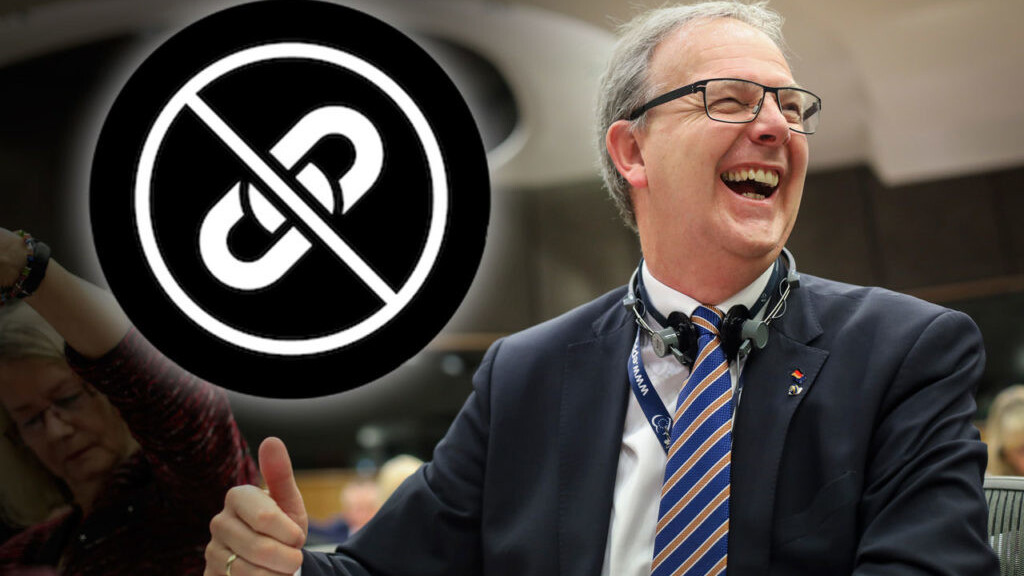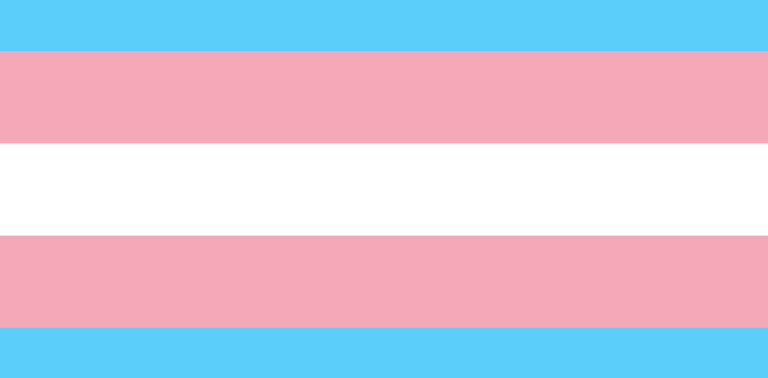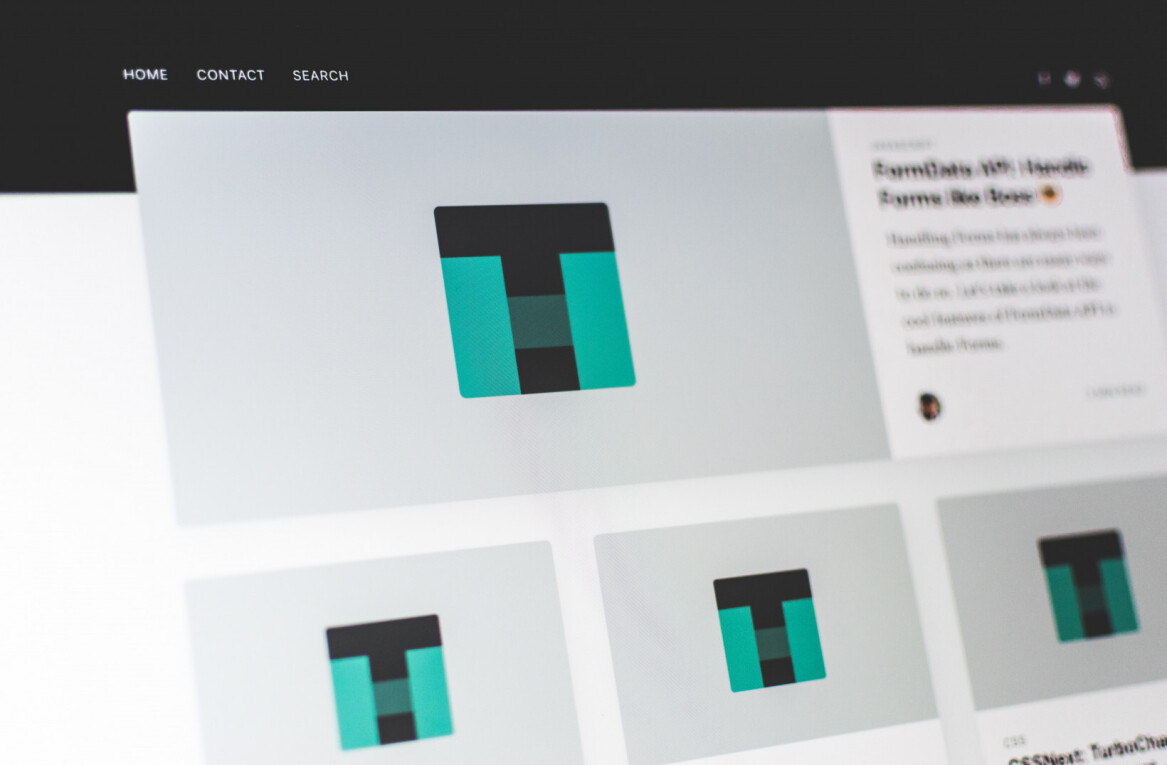Should the European Commission’s proposal for an extra copyright for news sites become law, restricting how we can share news online?
After repeated delays, MEP Axel Voss (EPP) has just released his proposal for the European Parliament’s position. His view? The Commission proposal for the “link tax” does not go far enough!
After he already advocated giving the green light to “censorship machines”, Voss wants the Parliament to double down on another disastrous law that would limit freedom of expression on the internet. It’s a direct attack on who big publishers feel threatened by: Internet platforms and web startups, as well as smaller, more innovative competitors.
Voss suggests to make the law even harsher than the Commission had proposed, picking up ideas from the failed version of this law already in place in Spain:
- News sites should not be able to give out free licenses (an “inalienable right to remuneration”)
- Press agencies should also be granted this right – effectively giving them control over the spreading of facts
- Money publishers make from the law should be shared with journalists in some cases
- There should be an exception for individuals who share news content for “legitimate private and non-commercial uses”
- A newly added justification of the law is to supposedly fight fake news
[Download the Voss proposal on Article 11]
A bad idea made law
In an interview last month, Voss even admitted that the extra copyright for news sites was “maybe not the best idea – but I think it’s the only one before us that makes at least some progress.”
Progress on what? Supposedly “saving the free and independent press” – but he went on to divulge exactly who is behind the claim that this law is what’s needed to achieve that laudable goal: “I have the feeling that someone like [publishing giant] AxelSpringer […] is no longer on equal footing with Google or Facebook.”
He thus revealed this project for what it is: An abuse of copyright law to take a side in a big-business battle over who controls our attention online, with blatant disregard for the collateral damage caused to our fundamental rights, independent media and European startups.
Publishers must charge, whether they want to or not
It’s difficult to overstate just how harmful an inalienable right would be for small publishers and the news ecosystem as a whole.
It means that even when publishers believe that they benefit from being listed in news aggregators and search engines as well as having their content linked to on social networks and elsewhere – as many do – they must still by law demand to be paid for it.
The smaller the publisher, the more likely it is that news aggregators will just delist them from their services. The inalienable remuneration right – allegedly there to protect the interests of publishers – consequently excludes smaller publishers from the most important means to reach their audience and build up their business.
These ideas have already failed
Because the similar Spanish “Canon AEDE” law included an inalienable right, several news aggregators there had to shut down altogether. As a result, small publishers saw the number of their readers drop. After Google News shut down, even the publishers who had previously lobbied for this law complained to the government, asking them to somehow force Google to keep providing the service.
An inalienable right directly conflicts with liberal licenses like Creative Commons, effectively making it impossible for European news sites to use them. Successful innovative news companies such as eldiario, whose business model is completely based on Creative Commons, would take a hit, all in the name of “supporting quality journalism”.
Copyrighting facts
The inclusion of news agencies as rightholders is a direct response to a recent lobbying effort. The open letter by some news agencies unabashedly admitted that what the news agencies want to prevent is not anyone copying their work – they literally want to stop people from “freely publishing links to their stories.”
Compared to individual news sites, press agencies often just compile the basic facts about what happened. Extending this right to them thus comes close to giving them control over the spreading of facts themselves – something copyright law was never intended to do. Even the Berne convention, the oldest international copyright treaty still in force today, explicitly excludes “news of the day or to miscellaneous facts” from copyright protection, in order to protect access to information.
Be my ally and I’ll give you half of nothing
In five years, the similar German ancillary copyright law has made a net loss for publishers after accounting for legal costs.
A lawyer for German publishers recently stated in a Parliament hearing that the law wasn’t even intended to generate income: “This is a prohibition right. […] The purpose is not to get license fees or anything.”
In this light, the offer to share imaginary profits with the authors of the protected works – the journalists – appears hardly all that magnanimous.
The link isn’t free if the snippet isn’t
Adding an exception for individuals sharing snippets of news content privately with no commercial intent is at most a relief for bloggers who host their own publishing platforms, without using so much as an affiliate link or an advertising banner to cover their costs. However, it is unclear whether “private” is used as the opposite of “professional” here, or of “public”: If narrowly interpreted by a court, this exception may not even end up applying to things like blog posts, but only non-public communication like email.
Most of us, of course, share and comment on news not on our own sites, but using commercial platforms such as Twitter or Facebook. Restricting platforms from distributing e.g. the headlines of news articles, as this law would do, thus still effectively limits everyone’s freedom to link.
The exemption for “acts of hyperlinking which do not constitute acts of communication to the public” which Voss adds is legally meaningless. Links today almost always automatically include short parts of the article, such as the headline (either because it is part of the web address itself, or because the link is shown with an automatically-generated preview). Because the proposed right would protect even headlines, these links would necessarily be communicating protected content to the public. Therefore, the exception will not apply to them.
Since the law would apply retroactively to news published within the last 20 years, all existing hyperlinks to news articles from the last 20 years on all websites online will have to be changed to avoid violating the new right: A monumental bureaucratic task that will cause lasting damage to our cultural heritage. For fear of litigation, many website owners will simply take older websites offline, rather than going through the difficult process of complying with the new law. All of us stand to lose from this attack on our collective memory.
Fueling fake news rather than combating it
Voss claims that this right will somehow help combat fake news. Quite the opposite is the case.
Misinformation on social media is often spread in the form of targeted advertising (the initiator is paying for the message to be shown to as many people as possible), whereas fact-checking by legitimate news media has to rely on organic spreading by readers sharing articles.
An inalienable right for publishers to get paid whenever anybody links to their content, on social media or elsewhere, creates a perverse incentive structure: From the perspective of the social network, spreading fake news in the form of sponsored posts makes them money, whereas their users sharing legitimate news articles costs them money. Guess which of the two will see an increase as a consequence of this proposal.
That Mr. Voss attempts to sell this measure as a tool to fight misinformation shows how shallow his understanding is of the problems he is attempting to fix.
To save the news, regulate the advertising market
While it’s certainly true that advertising revenues have shifted from newspapers to internet platforms, that’s not due to copyright – it’s because internet giants that gather vast amounts of personal data use that data to narrowly target ads, making themselves more attractive to advertisers. Amidst the Cambridge Analytica scandal, everybody is talking about Facebook’s unhinged power to target our attention, yet nobody is making the link to the news industry’s struggle to make a profit.
Strengthening data protection laws to limit ad targeting would go much further to fix that imbalance – but that’s something big publishing companies are actually lobbying against, holding out hope to one day build their own intrusive data empires.
Tell your MEP: This proposal is a threat to our democratic right to be informed
You can use the SaveTheLink campaign’s email form to reach the MEPs tasked with representing you in the European Parliament and make your voice heard. Replace their proposed template text with your own message, explaining why they should reject MEP Axel Voss’ proposal to go ahead with the extra copyright for news sites.
After the Easter holidays, from April 3 on, giving your MEP a quick phone call is even more effective.
Get the TNW newsletter
Get the most important tech news in your inbox each week.





